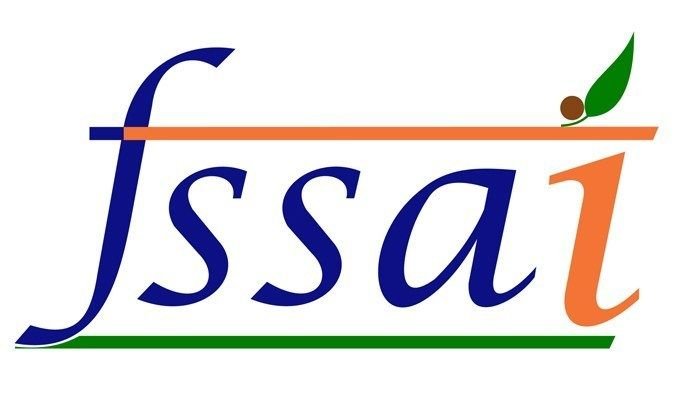Inside BENEO’s new pulse plant: pioneering sustainable protein from faba beans
Increased media coverage about food safety is a good development and new media, both electronic and social play a useful role in public outreach. However, in recent times, there have been many instances of circulation of false and malicious videos on various social media platforms regarding the safety and quality of food available in the country. Print and electronic media have also reported such news.
Expressing concern about this, CEO, FSSAI, Pawan Agarwal has said that, ‘such news creates fear amongst public at large and erodes their confidence in the food control system in the country.’ He pointed out a few such instances including the false scare on issues of plastic eggs and plastic rice. More recently, a fake video had gone viral on social media related to the presence of melamine in milk, wherein it was maliciously projected that FSSAI had given permission for use of melamine in milk.’ Facts on melamine in milk as FAQs have been posted on FSSAI website. It must be noted that use of melamine either as an ingredient or as an additive is not permitted in any food under the food safety regulations of the country, although maximum limits for presence of melamine in food, including milk, have been established under the regulations to address the incidental presence of melamine as a contaminant. This is as per international standards and is based on a proper risk assessment with respect to consumer health safety.
FSSAI also exppresses concern about misinterpretation of recent interim report on the National Milk Quality Survey 2018. This was by far the most comprehensive survey on safety and quality of milk in the country. Over 6400 samples of raw and processed milk were tested for quality parameters (fat and solids-not-fat content), 12 adulterants and 4 contaminants (pesticides, antibiotics, aflatoxin M1 and ammonium sulphate) covering all States and UTs during May to October this year. The survey found that problem of milk adulteration was miniscule, even though a little less than 10% of the milk samples had contaminants that came from primary production causing some concerns about safety of milk. FSSAI is currently engaged in doing root cause analysis so that appropriate corrective and preventive action could be taken.
Contrary to the findings above, certain media reports interpreted the milk survey report wrongly and portrayed the milk in India as largely unsafe. Earlier this year, several newspapers reported of a WHO advisory that ‘if adulteration of milk and milk products is not checked immediately, 87 per cent of citizens would be suffering from serious diseases like cancer by the year 2025 (in India)’.
FSSAI had ascertained that no such advisory was issued by the WHO at all. It appears that the report first appeared in one newspaper, and later picked by other newspapers. FSSAI and/or WHO was not even approached for clarifications.
In this regard, CEO, FSSAI, Pawan Agarwal pointed out that ‘such false propaganda is neither good for citizens nor for food businesses. This also erodes global trust in our food system and food businesses, and potentially has far reaching public health, social and trade implications’. He further added that ‘FSSAI would write to media houses and agencies to have internal checks so that reports on food safety are carefully verified.’
FSSAI plans to hold a media workshop to build capacity in media on the technical aspects of reporting on food safety. On the issue of fake news and videos on social media platforms, FSSAI has already written to the Ministry of Electronics and IT so that a system for tracking of such messages could be put in place and perpetrators of such mischievous videos could be brought to book and penal action initiated against them.

